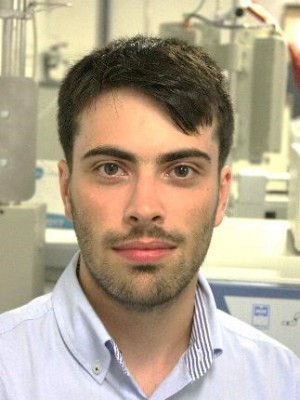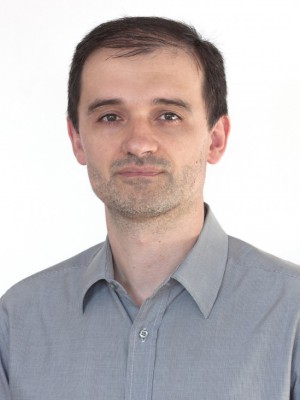resumo
Supercritical fluids are alternatives to conventional harmful organic compounds. In the case of supercritical fluid extraction, CO2 is the most common solvent and can be advantageously modified with small contents of cosolvents like ethanol and ethyl acetate. The rigorous estimation of the tracer diffusion coefficients (D-12) of solutes in supercriticalmixtures (CO2+ co-solvent) requires their individual D-12 values in pure CO2 and pure co-solvent under the same operating conditions. This essay focuses the diffusivity of quercetin (solute) in two compressed liquid co-solvents (ethanol and ethyl acetate). Quercetin is a natural compound possessing a wide variety of bioactive properties, used as one of the most noticeable dietary antioxidants. The tracer diffusivity measurements are accomplished by the chromatographic peak broadening technique over 303.15-333.15 K and 1-150 bar. The diffusion coefficients lie between 0.414 x 10(-5) and 0.813 x 10(-5) cm(2)s(-1) in ethanol, and between 1.06 x 10(-5) and 1.69 x 10(-5) cm(2)s(-1) in ethyl acetate. Influence of temperature, pressure and hydrodynamic coordinates is analyzed and discussed based on the most relevant transport theories. Modeling is also carried outwith eleven models from the literature and demonstrated the unreliability of predicting equations in opposition to the very good correlations available to fit D-12 data. The influence of the accurate estimation of auxiliary properties (like solvent volume and viscosity) upon the calculated tracer diffusivities is also assessed, being possible to detect D-12 differences as high as ca. 70%. (C) 2020 Elsevier B.V. All rights reserved.
categoria
Chemistry, Physical; Physics, Atomic, Molecular & Chemical
autores
Zezere, B; Iglesias, J; Portugal, I; Gomes, JRB; Silva, CM
nossos autores
Grupos
G4 - Materiais Renováveis e Economia Circular
G6 - Materiais Virtuais e Inteligência Artificial
agradecimentos
This work was developed within the scope of the project CICECO-Aveiro Institute of Materials, UIDB/50011/2020 & UIDP/50011/2020, financed by national funds through the Portuguese Foundation for Science and Technology/MCTES. Bruno Zezere thanks FCT for the PhD grant SFRH/BD/137751/2018.





